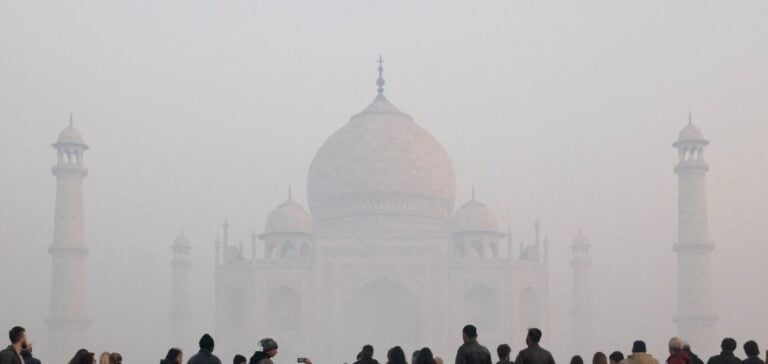India expressed its opposition to any new international climate obligations during a session at The Hague this Thursday. This statement comes as the International Court of Justice (ICJ) conducts a global consultation to issue climate-related guidelines at the request of the United Nations.
India’s representative, Luther Rangreji, emphasized the importance of preserving the balance achieved by the United Nations Framework Convention on Climate Change (UNFCCC). According to him, this framework enjoys near-universal acceptance and reflects the differing needs of industrialized and developing nations.
Opposition to New Climate Constraints
In his address, Rangreji highlighted India’s ambitious commitments, including achieving net-zero carbon emissions by 2070. This timeline extends two decades beyond the targets set by many Western nations. As a country hosting one-sixth of the global population, India stressed the dual necessity of reducing greenhouse gas emissions while eradicating poverty.
However, India voiced dissatisfaction with what it perceives as the failure of developed countries to fulfill their commitments. These commitments include climate financing and the provision of low-carbon technologies.
Tensions with Vulnerable Small States
India’s stance has drawn mixed reactions, particularly from small island states. These nations, acutely vulnerable to climate change impacts, are pushing for stronger legal and policy measures. France, participating in the hearings, expressed its support for these calls and underscored its expectations for the ongoing process.
The ICJ discussions revealed a divide between major economic powers like the United States and China and the most vulnerable countries. These two leading greenhouse gas emitters, like India, have urged the Court to confine its recommendations to the existing legal framework.
A Non-Binding Advisory Opinion
Although non-binding, the ICJ’s advisory opinion could influence future climate negotiations and heighten pressure on states. However, its impact will largely depend on how these recommendations are interpreted by national courts and international institutions.
The proceedings at The Hague reflect the urgency and complexity of climate debates, where economic interests, climate justice, and adherence to international commitments intersect.






















